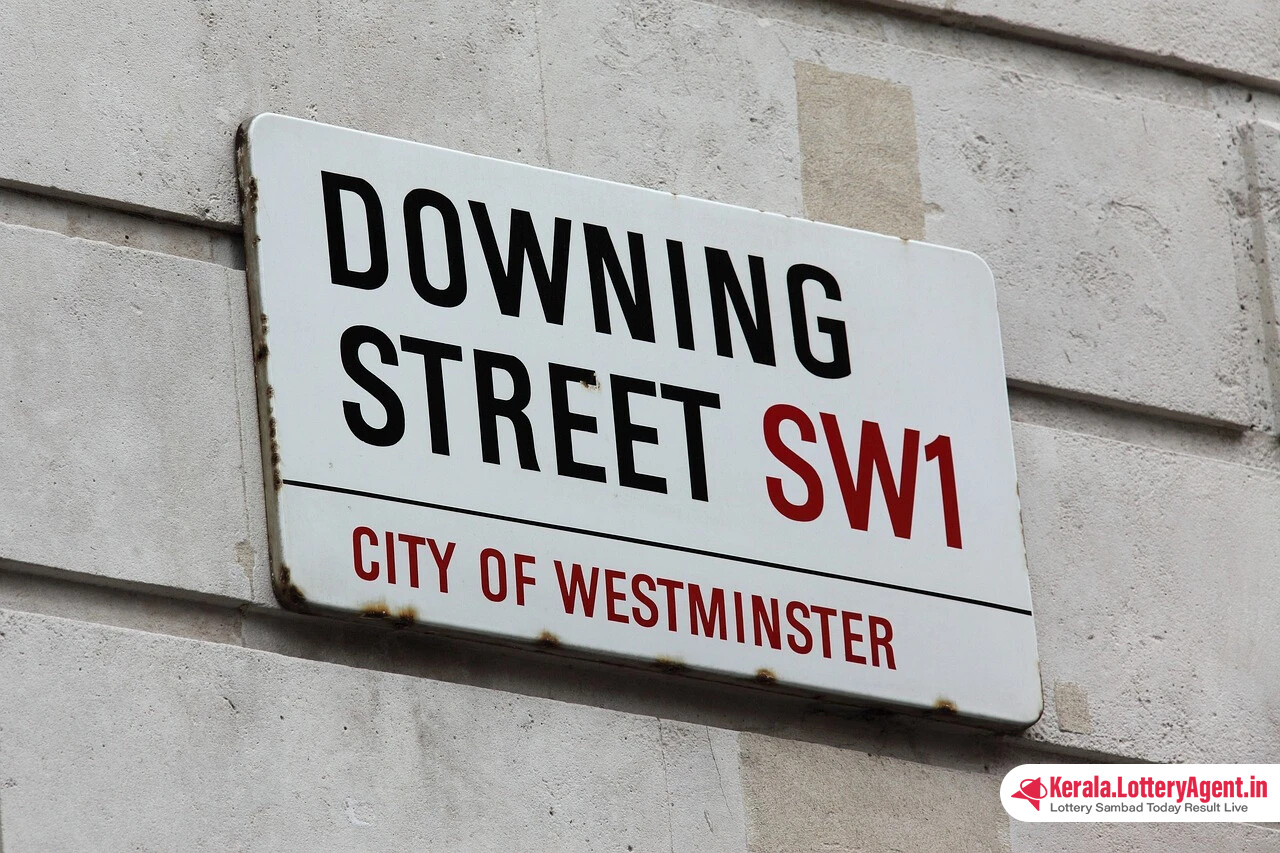
The British gaming industry is facing potentially transformative challenges following the recent Autumn Statement by Chancellor Jeremy Hunt. In a surprising move, Hunt laid forth a plan to streamline the taxation of remote gambling activities by introducing a single tax structure. This proposition aims to shelve the currently employed, more complex three-tax regime applicable to online gambling operations. Yet, the Betting and Gaming Council (BGC) has raised the alarm, voicing strong objections to the suggested tax changes.
As of now, the remote gambling sector adheres to a tripartite tax system: a 21% remote gaming duty on profits, general betting duty at 15% of net stake receipts akin to bookmakers’ gross earnings, and a 15% levy on pool betting receipts. Hunt’s streamlined approach seeks to consolidate all remote gambling taxation under one roof, affecting gaming offered through the internet, telephone, TV, and radio. While the intention is to consult the industry on these proposals soon, the BGC fears unintended consequences, particularly for the sports world.
The council’s primary concern is for horse racing, a sport intrinsically linked with betting operators. The BGC postulates that the increased tax burden will likely decrease profit margins, leading to a reduction of offers for bettors and a downsizing of funds available for racing sponsorships and promotions. This, the BGC suggests, could strike a devastating blow to the betting and horse racing industries.
Michael Dugher, BGC’s chief executive, underscored the severity of the situation, insisting the potential rise in taxes could wield a catastrophic effect on the financial sustainability of horse racing, an industry already under duress from ongoing government-led revisions to gambling legislation. Dugher points to the white paper on the Gambling Act review published in April, which puts forth new regulatory frameworks for gambling in the UK’s digital age.
Moreover, Dugher aired his disappointment with the Treasury for not consulting the Department for Digital, Culture, Media and Sport (DCMS) when drafting the tax amendment proposals, despite their direct oversight of betting and racing. He criticized the lack of coordinated government action, expressing concerns that the tax structure simplification may be but a disguised attempt to further tax businesses.
The BGC’s apprehension extends beyond theoretical policy implications. They see a real risk of harm to employment, investment, and the international standing of British horse racing if these issues are not adequately addressed. They warned that Britain’s deep-seated racing heritage stands at the edge of an existential crisis, tied in part to the overall growth prospects promised by government statements that have, in the BGC’s view, fallen short.
It is important to note that the proposed changes will affect only remote gambling operations. Land-based casinos, for instance, would continue under their current tax regulations. However, the BGC has separately criticized what they perceive as a covert tax offensive against land-based casinos, which they project will cost the industry an additional £5 million annually due to the freezing of gaming duty bands.
The gambling industry’s current state of flux is further illustrated by the ongoing considerations resulting from the Gambling Act review. The Gambling Commission has initiated consultations on various aspects of gambling regulation, with subjects such as financial risk management, online game design, marketing choices, and age verification for land-based venues already under scrutiny. With over 3,000 submissions received in just the first round of consultations, it is clear that the gambling community is engaged and concerned about the direction of future legislation.
Following the next round of consultations dealing with opt-in online bonuses and penalties, the industry is primed for substantial regulatory revisions by February or March. Tim Miller, the Commission’s executive director of policy, symbolizes the regulatory body’s proactive engagement with the industry, seeking a balanced approach to future-proof one of Britain’s critical sectors.
In sum, while the Chancellor’s proposed tax overhaul aims to simplify the existing fiscal framework for remote gambling, the BGC has called for a pause and reconsideration, urging measures that ensure the protection of horse racing – a significant and treasured facet of British culture and economy.












